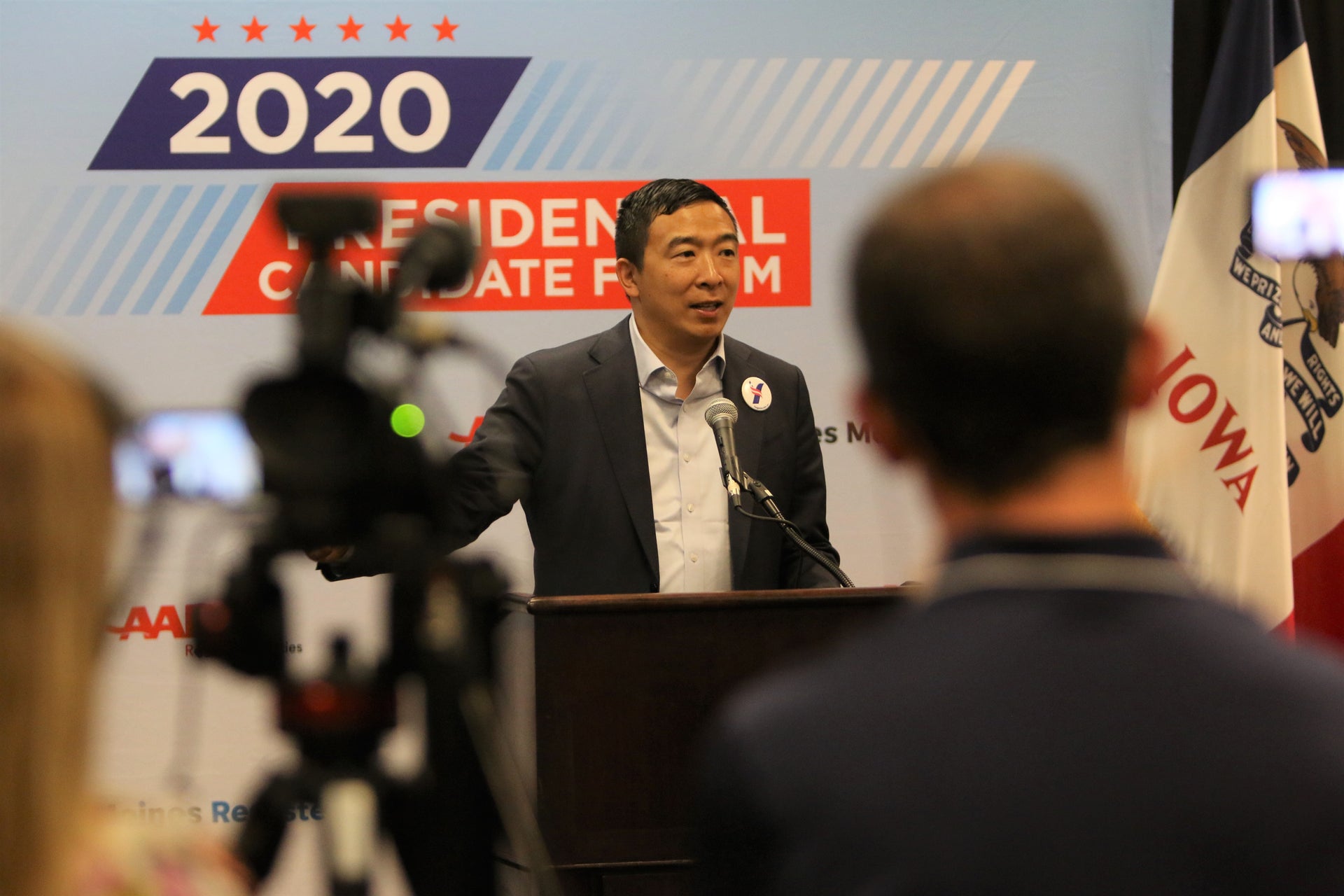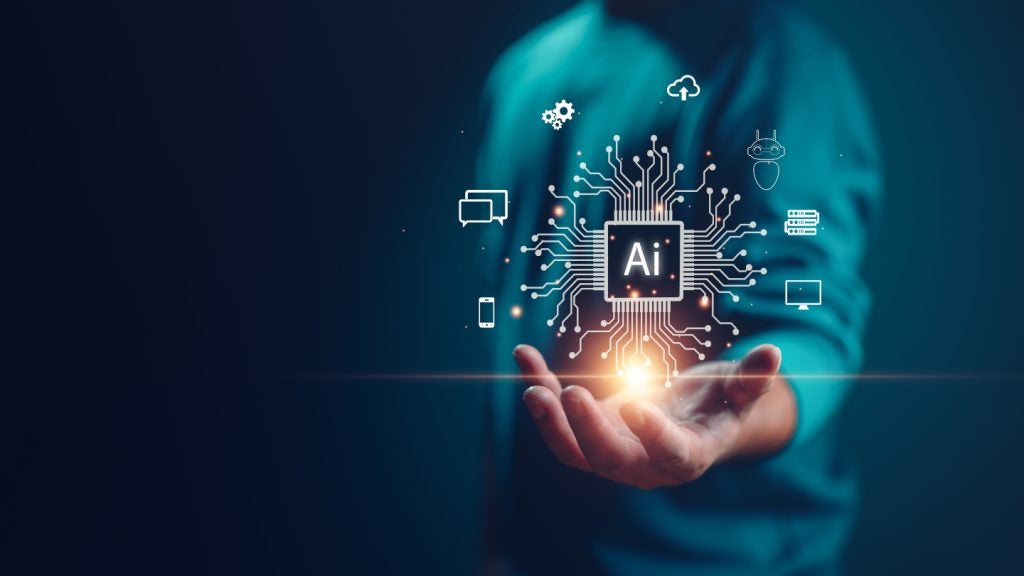
Technology entrepreneur Elon Musk has given his backing to Democratic presidential candidate Andrew Yang and reaffirmed his support of universal basic income – a key policy of Yang’s.
Yang, founder of nonprofit Venture for America, has positioned himself as a candidate who wants to focus on tackling the potential job losses caused by artificial intelligence (AI). He plans to do so with a universal basic income (UBI) model, which he has rebranded as a “freedom dividend”.
This would see all US citizens between the ages of 18 and 65 receive a monthly payment of $1,000, regardless of their level of income or employment status.
Musk’s support came after Yang tweeted on Saturday that he didn’t expect people to agree with him on everything and that he would be “open to different approaches – particularly if the data drives in a particular direction”.
I support Yang
— Elon Musk (@elonmusk) August 10, 2019
How well do you really know your competitors?
Access the most comprehensive Company Profiles on the market, powered by GlobalData. Save hours of research. Gain competitive edge.
 Company Profile – free sample
Company Profile – free sampleThank you!
Your download email will arrive shortly
Not ready to buy yet? Download a free sample
We are confident about the unique quality of our Company Profiles. However, we want you to make the most beneficial decision for your business, so we offer a free sample that you can download by submitting the below form
By GlobalData
The Tesla and SpaceX CEO replied to a retweet of Yang’s comments “I support Yang”. Musk then joked that Yang “would be our first openly goth president. I think this is very important”, a nod to Yang’s school days.
When American commentator Dan Carlin asked Musk for his thoughts on UBI, Musk replied “obviously needed”.
Musk has been vocal about his support for UBI in the past, calling it “necessary”, but had not publically supported a Democrat nominee candidate until now.
Yang has often said that his “friends in Silicon Valley” support UBI. He has not named specific people, but Yang’s supporters will see Musk’s comment lending significant weight to this statement.
Musk & Yang support UBI – does Silicon Valley?
However, recent data released by anonymous workplace chat app Blind (which Tesla has blocked its employees from using) suggests Silicon Valley does not share Yang’s view.
According to the June survey, just 43% of Silicon Valley tech employees fear that AI will be a threat to employment.
Of those who believe AI will be a threat to employment, just 46% see UBI as a possible solution to job losses caused by AI. And even those who believe AI is a threat to jobs, 54% don’t support UBI.
Overall, just 34% of Silicon Valley tech employees support UBI.
Critics of UBI have often warned that the model would be too expensive. The New York Times estimates it could cost the US $3.9tr per year, which is roughly half a trillion dollars short of the entire federal budget.
Yang has said that UBI would be funded via a value-added tax and by the boost UBI would provide to the economy. Yang previously told Verdict that “universal basic income is totally achievable in the US”.
“A value-added tax would generate hundreds of billions in revenue and harvest the gains from automation. We already spend hundreds of billions on income support. The economy would grow because people have more money to spend and the government would save money on direct costs like healthcare and incarceration.”
The 2020 Democratic party presidential nominee will be decided mid-2020.
Read more: Andrew Yang 2020? US presidential hopeful tells Verdict how he will save humans from automation






